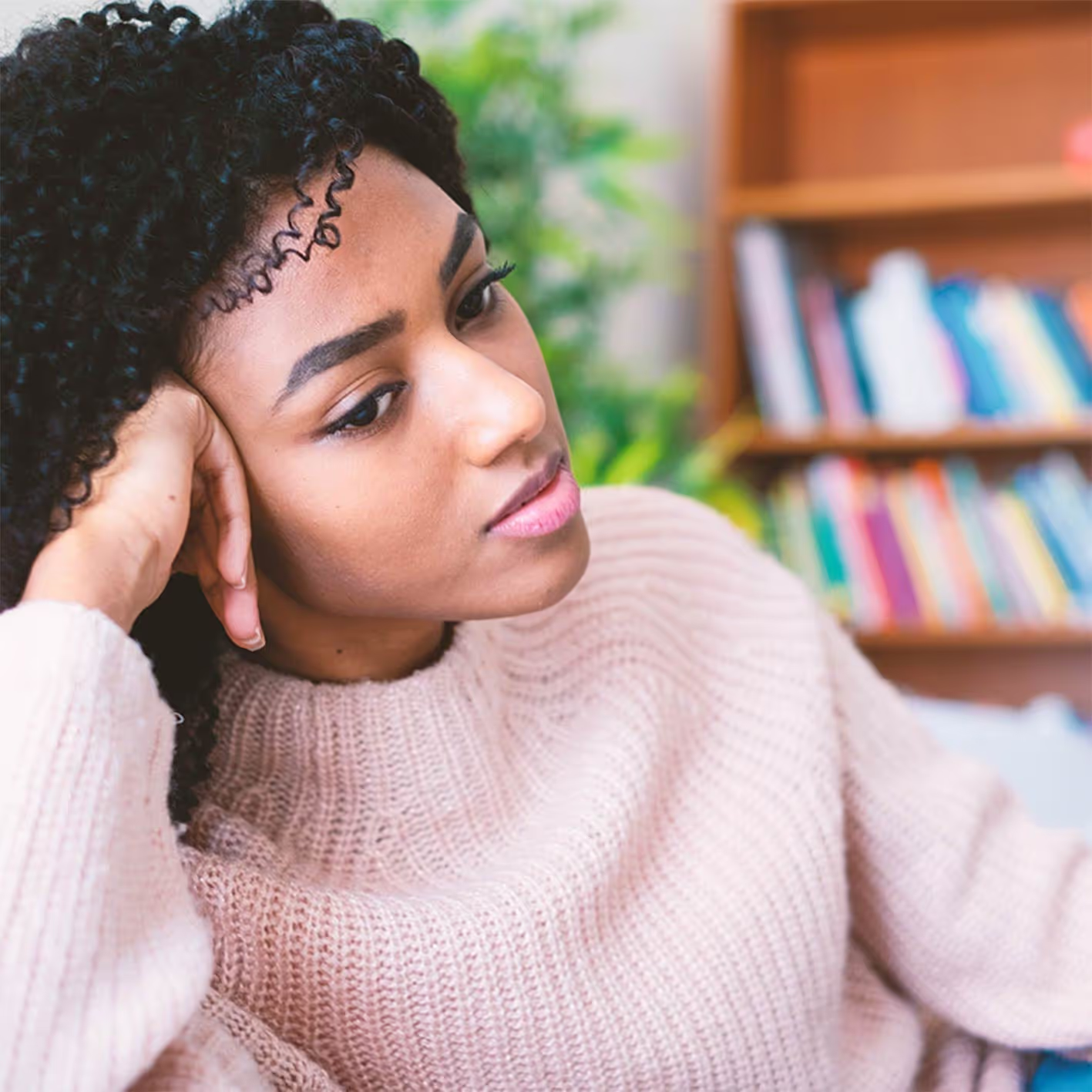A study conducted by the Human SciencesResearch Council ,during that first lockdown, last year: reports that 33% of South Africans are depressed, while 45% are fearful, and 29% are experiencing loneliness. The COVID 19 pandemic came with a lot of abrupt changes when the first case was identified in South Africa, in March 2020. The lockdown was announced, and we were introduced to a whole new world of working from home, virtual meetings, and home-schooling which was hard to adapt to and as a result,we saw a rise in mental health problems.
HOW COVID MADE IT WORSE
According to South African Mental Health Federation’s Project leader for Advocacy & Awareness, Michel’le Donnelly, COVID-19 has impacted on mental health in various complex and wide-ranging ways, leaving no part of any population or society untouched. “Even before the pandemic, mental health conditions were a leading cause of disability worldwide. Rates of diagnosis have been rising across all age demographics for years, costing the global economy. So, it’s important to note that the pandemic has only exasperated the struggles and obstacles that those living with existing mental health disorders experience.”
SEVERE OUTCOMES
She says that persons with pre-existing mental health conditions have been reporting increases in symptoms including increased levels of depression, anxiety, and Post-Traumatic Stress Disorder due to fear and isolation. “People with mental health illness are more susceptible to stress which may impact physical and mental health, which may hinder their ability to stick to health protocols. We also know that people living with pre-existing mental, neurological or substance use disorders are more vulnerable to being diagnosed with COVID-19 and we know that they may stand a higher risk of severe outcomes."
DOUBLE IMPACT
According to a study published in May 2021, patients who did manage to attend their psychotherapy sessions reported secondary impacts of the coronavirus pandemic, such as sleep disturbance, anxiety, depressive symptoms, unemployment, food insecurity, substance withdrawal symptoms, and intensified abuse in their homes. “In South Africa it is estimated that four in every 100 people are affected by some form or level of intellectual sisability. When it comes to those living with intellectual disabilities, social distancing presented a major problem. Persons with intellectual disabilities often require face-to-face care and therapeutic interventions and of course, with lockdownsand social distancing mandates, this has been interrupted,” explains Donnelly.
YOUNG PEOPLE AFFECTED MOSTLY
She says, the impact on young people has been particularly devastating, especially when we consider the changes to daily routines, isolation from family and friends, home schooling, added stress in the home because of parents working from home and needing to balance work and family responsibilities, being exposed to news and hearing adults talking about the virus and possibly the deaths of friends and family members – it’s a lot.
TAKING CARE OF YOUR MENTAL HEALTH POST-COVID
1) Anyone who is feeling hopeless, having suicidal thoughts and/or unsure how to help someone in need, please call the SADAG Suicide Crisis Line on 0800 567 567 or SMS 31393. These numbers are free and counselling is available in all 11 official languages. Remember, there is nothing shameful about feeling alone or hopeless. You are not the only one feeling this way.
2) Some other steps include making a concerted effort to prioritise your mental well-being. You can do this by taking up behaviours which are meaningful to you and bring you joy. For example, tha tcould be going for walks or jogs, keeping in touch with loved ones, eating a balanced diet, avoiding misinformation and remembering that you are not alone.
3) It is important for us reiterate that safeguarding mental health is essential, not just for persons with existing mental health conditions, but for EVERYONE because the truth is - there can be no health without mental health.







